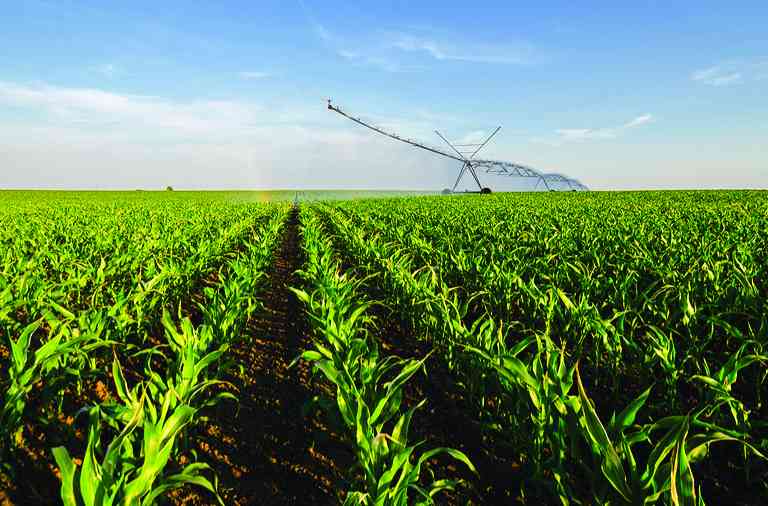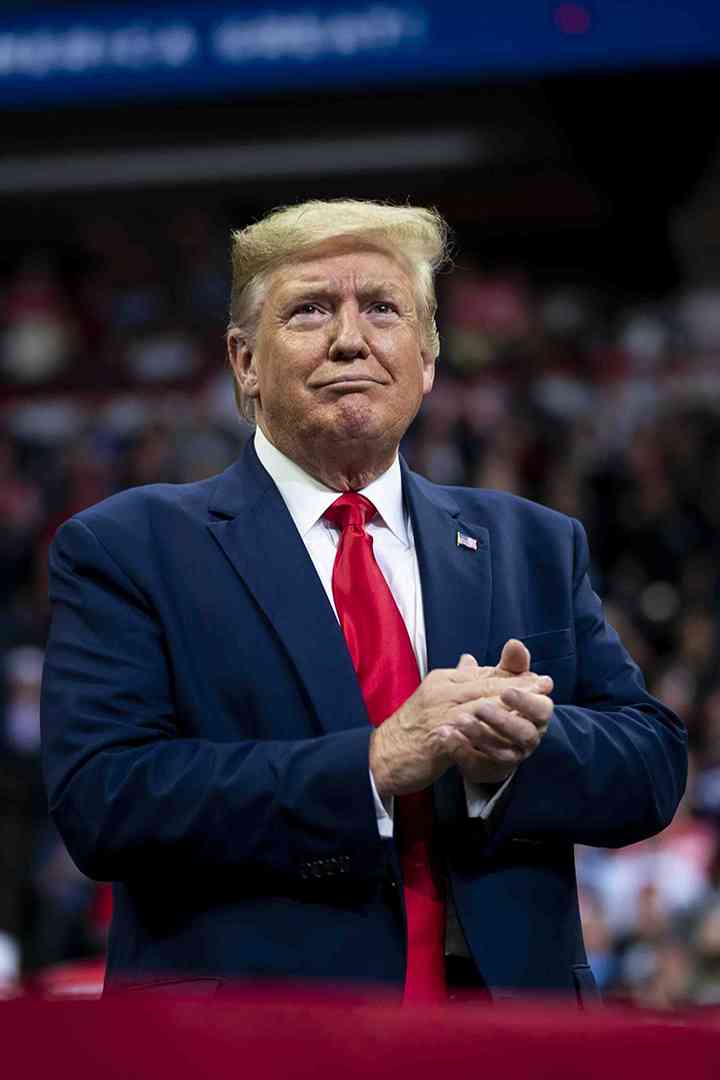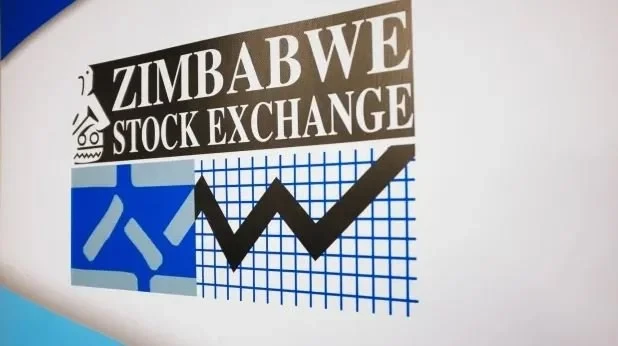
Zimbabwe has notable levels of income and wealth inequalities. As measured by the World Bank, inequality is at an all time high, registering a Gini Coefficient as high as 0.503 in 2019, from 0.432 in 2011. Other institutions report that Zimbabwe is among 30 countries with the worst income disparities between the rich and the poor. The World Inequality Database for 2022 places it at 11th position, among countries with the worst wealth inequality in the world.
It is reported that the wealthiest 10% of Zimbabwe's population control 59% of the country’s income. On the other hand, about 50% of the population earn only a cumulative 9,2% of total income generated in the country.
A reputable finance website called Insider Monkey, reports that nine of the 30 countries with the worst inequality gaps in the world, are in the Southern African Development Community (Sadc). These are Zimbabwe, Zambia, South Africa, Seychelles, Botswana, Eswatini, Mozambique, Namibia and Angola. This insinuates that income and wealth inequalities have become pressing problems within Sadc and need to be addressed.
Wealth inequality is associated with a wide range of undesirable effects, making it problematic.
It creates a considerable gap between the rich and the poor, making it harder for the underprivileged and their offsprings to access wealth in their lifetime.
Second, the quality of education and healthcare available to the poor can be extremely compromised, due to their inability to personally fund quality services.
This not only limits their chances of migrating into higher social and economic status but can curtail their life expectancy, mental health and quality of life.
Third, the multi-racial and tribal fragmentation within the country, imply that social capital needs more investment and commitment.
- Little hope for Zim, Africa
- African leaders dying overseas expose cruel deception of independence
- Sadc must intervene on Zim crisis: SA
- Zim has 2nd highest rising food prices: WB
Keep Reading
However, high levels of wealth inequality erode public trust among different social groupings and towards the government itself. The distrust can lead to social unrest or higher crime rates, among other things. Fourth, the wealthy, since they can afford to finance social and political campaigns which are beneficial to them, may end up exerting disproportionate influence on national policy decisions, potentially undermining interests of the broader population.
In South Africa, for instance, a government agency (Davis Tax Committee) was assigned to research on whether taxing the rich more than the poor could help reduce inequality.
Unfortunately, whilst soliciting for opinions on this matter, it overwhelmingly got negative feedback. This was because most individuals and organisations who had the privilege to attend the agency’s events and participate in its programmes, were representing the wealthy. Although all sections of the population were invited to attend seminars and community meetings, it was mostly the rich who managed to follow through on these invitations. In the end, this became a notable setback for the agency which would have made greater progress if all sections of society were equally represented.
Fifth, wealth inequality is strongly associated with retardation effects on economic growth. One of the more obvious reasons for this is that personal consumption expenditure is the largest driver of economic activity (contributing over 60% to Zimbabwe's GDP, for example) in almost all economies.
Thus, the poorer the majority, the more limited they will be in how they can add to the country's personal consumption expenditure. The aforementioned negative effects are not exhaustive, since there are several more which have not been discussed in this article.
With consideration for the above facts, many governments around the world are now contemplating the role of wealth taxes, as a tool to address poverty and inequality. Wealth taxes can be used to increase a government’s revenue and expenditure on public education, healthcare, and cash grants to the poor.
This analysis aims to discuss the pragmatism of implementing additional wealth taxes in Zimbabwe.
What are the options?
Already, the following wealth taxes have been implemented; estate duty, donations tax, securities transfer tax, transfer duties and others.
Additionally, Zimbabwe generally does not have scope to subject new asset classes to wealth tax because of certain challenges which are unique to it. For instance, monetary deposits in financial institutions such as banks, could have been taxed at a marginal rate of only 0,001% to 0,0025% of their average monthly balances.
However, the Intermediate Money Transfer Tax is already in place. Furthermore, most Zimbabweans prefer to keep the majority of their savings outside the banking system.
This seems to be the result of distrust in formal banking channels or an aversion against excessive service fees and other charges.
That means a wealth tax targeting bank balances would be irrelevant in Zimbabwe. In fact, it would only drive more funds outside formal banking channels. In South Africa, banks have deposits worth around US$380 billion, unlike Zimbabwe's US$3 billion. This means a wealth tax on bank balances could be feasible in South Africa.
For instance, a 0,005% wealth tax on monthly deposit balances would provide an additional US$1,9 billion per month to the South African government. This translates to US$23 billion per year.
If Zimbabwe were able to implement such a tax, it would have to be managed by the respective banks, which would then ultimately transfer appropriated funds from citizens’ bank accounts, to the government’s relevant bank accounts.
In some countries with reasonably sized and stable economies, wealth tax on agricultural land can be feasible.
Unfortunately for Zimbabwe, a significant portion of agricultural land does not have title deeds. That means land owners may easily lose motivation to comply with such a tax because a lack of title deeds means they may have doubts pertaining to their uncontested ownership of the land.
It will be essential for authorities to provide farmers with title deeds. A wealth tax on farmland can encourage better productivity so they do not incur losses. It can also prevent and pre-empt speculative holding of idle farms.
South Africa has 77,5 million hectares of land with title deeds, for example. This is around 63% of the country's total surface area of 122,5 million hectares.
Title deeds give South Africa more opportunities to make land productive. South Africa has maintained favourable trade relationships with other significant economies.
It has not been subjected to economic sanctions since 1994, which has promoted growth of its agricultural sector. When Zimbabwe’s agriculture achieves similar levels of organisation and success, an annual wealth tax of between 0,01% and 1% of each farm’s market value, should be considered.
The wealth tax should ideally be structured in such a manner that farmers who have genuine cash flow problems can be temporarily exempted. However, speculators who hold vacant unproductive land should pay the tax, or be forced to sell it. To make the administration of this tax easy, it can be managed by existing government agencies responsible for land and agriculture.
Expensive residential buildings may also be made subject to a wealth tax, which should ideally be marginal.
The annual charge could be anything between 0,1% and 1% of the market value of a home. It could also be a progressive charge, with the most expensive homes paying the maximum tax rate.
However, in order to avoid inconveniencing those who genuinely cannot afford to pay the tax for those homes, a waiver facility should be set in place. Those who claim inability to afford this tax will be required to prove.
Depending on the state of their finances, home owners may be given a discount on initial charge or an annulment altogether. This obviously means some homeowners will not pay this tax, regardless of the expensive homes which they have.
Municipal valuation rolls can be used to estimate property prices, making the administration of this tax easier.
The tax can also be reflected on utility bills, making billing straightforward. Nevertheless, the country's municipalities will need to be coordinated in some way, so that they yield consistent valuation results throughout the country.
They typically do not use the same valuation methods. Additionally, in order to avoid discouraging investment flows which drive real estate growth, if a person or business has multiple homes, they may be charged the tax only on their most expensive property.
Once again, this means not all homes will be subject to this tax. Importantly, if this wealth tax is implemented, the government may need to repeal Transfer Duty on property transactions, which is payable by a purchaser at a sliding scale rate between 1% and 4% of the purchase price. Retaining it whilst implementing the wealth tax could be burdensome, even for the affluent.
The bottom line is, any additional wealth taxes to be introduced must be flexible, marginal, lenient and easy to administer.
Conclusion
Elsewhere in the world, countries in the Organisation for Economic Cooperation and Development (OECD) realise as much as 5,5% of their total government revenue collections from wealth taxes. If Zimbabwe were to achieve similar results, that would be commendable.
It is also critical to emphasise that trialling additional wealth taxes may need to be implemented only from the time when Zimbabwe's economy is doing exceptionally well. Since that time is bound to come, sooner or later, policymakers need to have refined perspectives on the matter, beforehand.
Additionally, the implementation should ideally be introduced in phases and considered as tentative, in order to observe how tax payers will accommodate the taxes and their feasibility in a real life context.
In essence, this means each tax may be implemented over a year, with others being introduced as additions, in forthcoming years. Importantly, branding these taxes with alternative names, instead of calling them wealth taxes, can help to pacify public sentiment. This may elicit greater cooperation and reduce revolt.
Moreover, the impact of such taxes on emigration of the wealthy, capital outflows to foreign countries and reallocation of wealth locally, need to be monitored, during the experimental stages of implementation.
If these concerns are acknowledged, Zimbabwe may be able to successfully introduce some additional wealth taxes to support the current ones, whilst helping to re-balance income and wealth inequalities in the country.
- Tutani is a political economy analyst. — [email protected]











